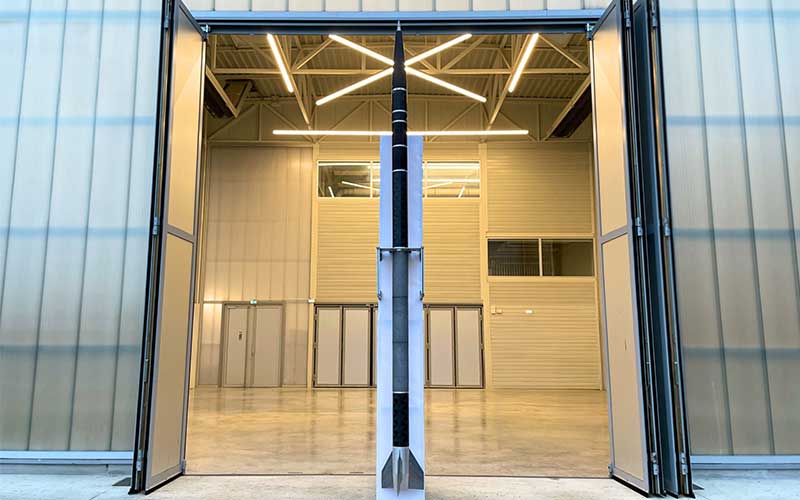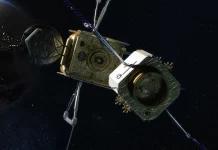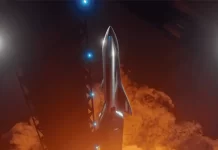
The French space agency, CNES, has announced plans to reopen the Guiana Space Centre’s sounding rocket launch complex. The agency has signed an agreement with the French launch startup Opus Aerospace, which will use the previously abandoned facility to launch its 4.7-metre suborbital Mésange rocket in 2025.
Officially inaugurated in 1968, the Ensemble de Lancement Fusées-Sondes (ELFS) launch complex hosted the Guiana Space Centre’s first launch on 9 April 1968, with a Véronique sounding rocket that reached an altitude of 113 kilometres. Between 1968 and 1992, more than 350 sounding rockets were launched from the facility.
On 25 November, CNES announced that it had signed a contract with Opus Aerospace to use the ELFS facility for the launch of its Mésange rocket. According to the agency, the project is part of the Guiana Space Centre’s ongoing transformation which it hopes will make it an attractive option for new European launch providers.
“This new contract extends the Guiana Space Centre’s launch portfolio by giving Opus Aerospace the ability to test out its solutions at the ELFS sounding rocket range,” said Philippe Lier, CEO of the Guiana Space Centre. “It is yet another example of CNES’s commitment to fostering a comprehensive ecosystem for future European space transportation solutions.”
Opus Aerospace was founded in 2019 and is working towards the development of its Sterne rocket which will be capable of delivering small payloads to low Earth orbit. The suborbital Mésange rocket is a technology demonstrator that will be used to validate the company’s 3D-printed heatshield technology. The company will then move forward with a suborbital variant of Sterne before making its first full-scale launch attempt.




